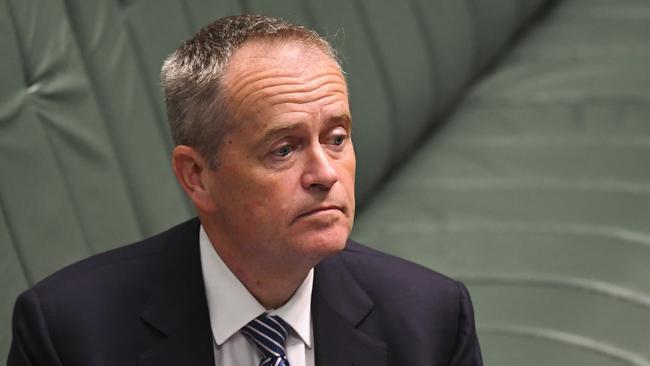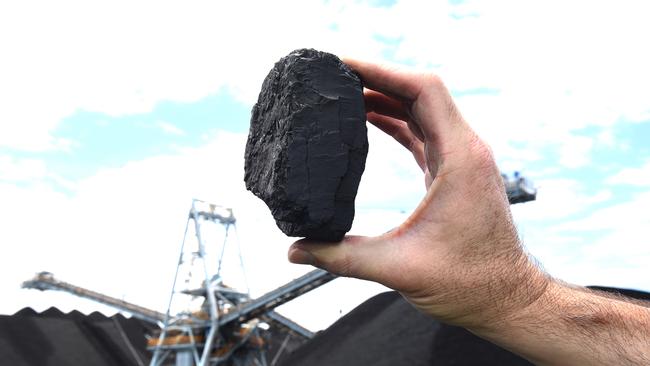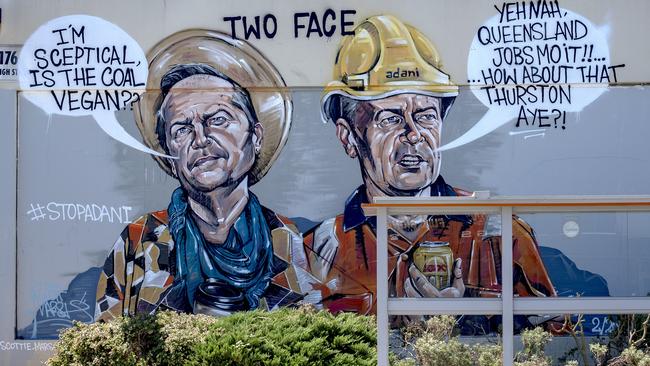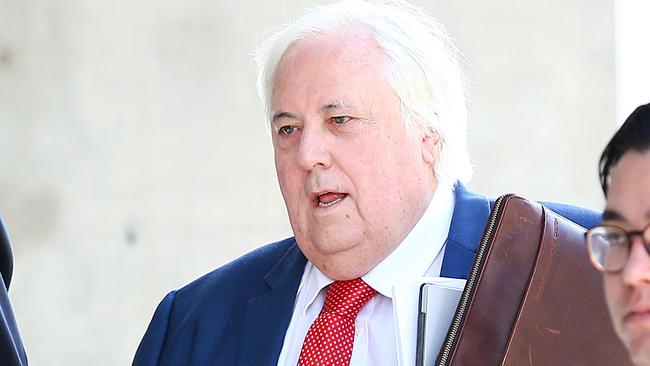‘Reconnect with Queensland’: Brutal truth of Labor’s election review
Labor needs to “find a way to reconnect with Queenslanders” if it has any hope of regaining government, with a post-loss review finding which voters the party alienated in the lead up to the last Federal Election.
QLD Politics
Don't miss out on the headlines from QLD Politics. Followed categories will be added to My News.
LABOR alienated Christians, coal towns, regional Queensland and low-paid workers and needs to “find a way to reconnect with Queenslanders” if it is to win the next election, a brutal review into its election loss found.
It’s ambiguous language on Adani turned off voters in both the state’s regions and inner city, while the Stop Adani convoy doubled voters perceptions the party was anti-coal and anti-jobs.
Review into Labor loss finds three key failures
Labor’s scathing review into its election failure
The review, conducted by Craig Emerson and Jay Weatherill, found blue-collar workers turned away from the party, sparking calls for it to once again embrace the coal mining industry while still addressing climate change.

“Labor’s ambiguous language on Adani, combined with some anti-coal rhetoric, devastated its support in the coal mining communities of regional Queensland and the Hunter Valley,” the report found.
“Inner-city voters expected Labor to oppose the Adani mine while Queensland regional blue-collar voters expected Labor to support it, but Labor did neither.
“Labor’s position on Adani sent a message to workers and their families in central and north Queensland that Labor did not value them or the work they do, a problem magnified by the Stop Adani Convoy.
“Labor should recognise coal mining will be an Australian industry into the foreseeable future and develop regional jobs plans based on the competitive strengths of different regions.”

The biggest anti-Labor swings occurred in Queensland, with a 4.34 move against them, almost double the next largest in the NT.
Early internal polling showed Labor was struggling win seats in regional Queensland, but the lead in Newspoll blinded the party to this.
It found that while Adani hurt Labor in the regions, it did not explain swings against it in southeast Queensland.
“The groups of voters who swung most strongly against Labor were self-described Christians and economically insecure, low-income voters who do not like or follow politics. These voters are heavily represented in Queensland,” the report said.

Opposition leader Bill Shorten’s gaffe in Gladstone, where he told a FIFO worker “we’ll look at that” when asked about tax breaks for higher paid workers, “further fuelled the ‘shifty Shorten’ narrative”.
“(Mr Shorten’s) character was attacked through an enormously expensive campaign funded by Clive Palmer, which dovetailed into the Coalition’s campaign,” the report said.
“The large size and targeted nature of Clive Palmer’s campaign had a significant negative effect on Bill Shorten’s popularity and on Labor’s primary vote.”

It found that while there was strong support for Pauline Hanson’s One Nation in regional Queensland seats, it was often in seats where the Coalition had already strengthened its vote.
“It would be hard to conclude One Nation preferences cost Labor any chance in those seats,” it stated.
There was a reluctance to listen to criticism from the campaign, while its attacks on the “top end of town” fed the perception Labor was a risk to the economy and jobs.


